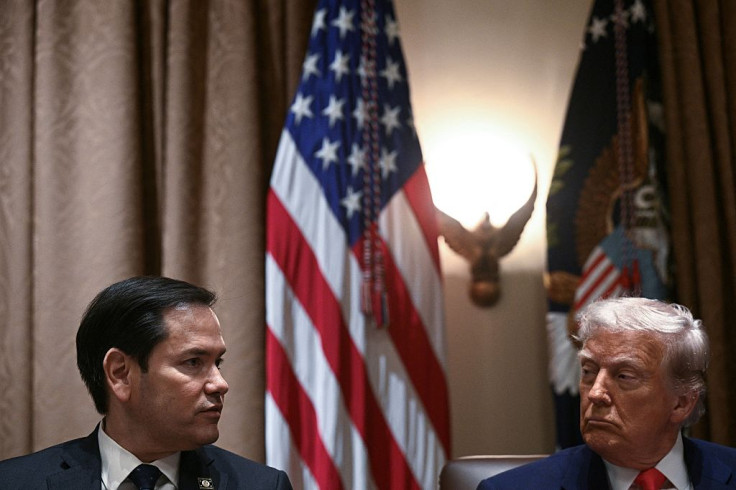Trump Plan Could Block Entry From 36 More Nations Over Security Concerns: Report
According to a leaked memo, the Trump administration believes some countries "had no competent or cooperative central government authority to produce reliable identity documents"

The Trump administration is considering new entry bans for citizens of 36 countries on top of the 12 ones already banned earlier in June, according to an internal State Department memo reviewed by both Reuters and The Washington Post.
The cable, signed by Secretary of State Marco Rubio, outlines a 60-day deadline for the governments of the identified nations to comply with updated U.S. security and immigration standards. If they fail to meet the benchmarks, their nationals could face full or partial suspension of entry into the United States.
"The Department has identified 36 countries of concern that might be recommended for full or partial suspension of entry if they do not meet established benchmarks and requirements within 60 days," the memo stated, as reported by Reuters.
Countries cited in the memo include 25 African nations—among them Egypt, Ethiopia, and Nigeria—as well as others in the Caribbean, Central Asia, and the Pacific. Specific concerns include high visa overstay rates, inadequate identity documentation systems, lack of cooperation in repatriating deportees, and insufficient screening and vetting processes.
According to The Washington Post, the memo also noted that some countries "had no competent or cooperative central government authority to produce reliable identity documents," while others were cited for "antisemitic and anti-American activity in the United States."
The memo gave foreign governments until 8 a.m. Wednesday to submit initial action plans addressing these concerns. No timeline for implementation of new restrictions has been announced, and the State Department has declined to comment on the internal deliberations.
If enacted, this policy would mark a major expansion of the travel restrictions implemented on June 4 under President Trump's Executive Order 14161, which blocked or limited entry from 12 nations including Afghanistan, Iran, Libya, and Somalia, based on national security assessments. That proclamation cited deficiencies in vetting, terrorist threats, and non-cooperation with U.S. immigration enforcement. Cubans, Venezuelans and Haitians were also among the nationals impacted by the previous measure.
The Trump administration has framed the proposed travel restrictions as a continuation of its policy to "protect the nation from foreign terrorist and other national security and public safety threats," as stated in the June 4 White House proclamation.
"We are constantly reevaluating policies to ensure the safety of Americans and that foreign nationals follow our laws," a senior State Department official told Reuters.
Originally published on Latin Times
© Latin Times. All rights reserved. Do not reproduce without permission.




















